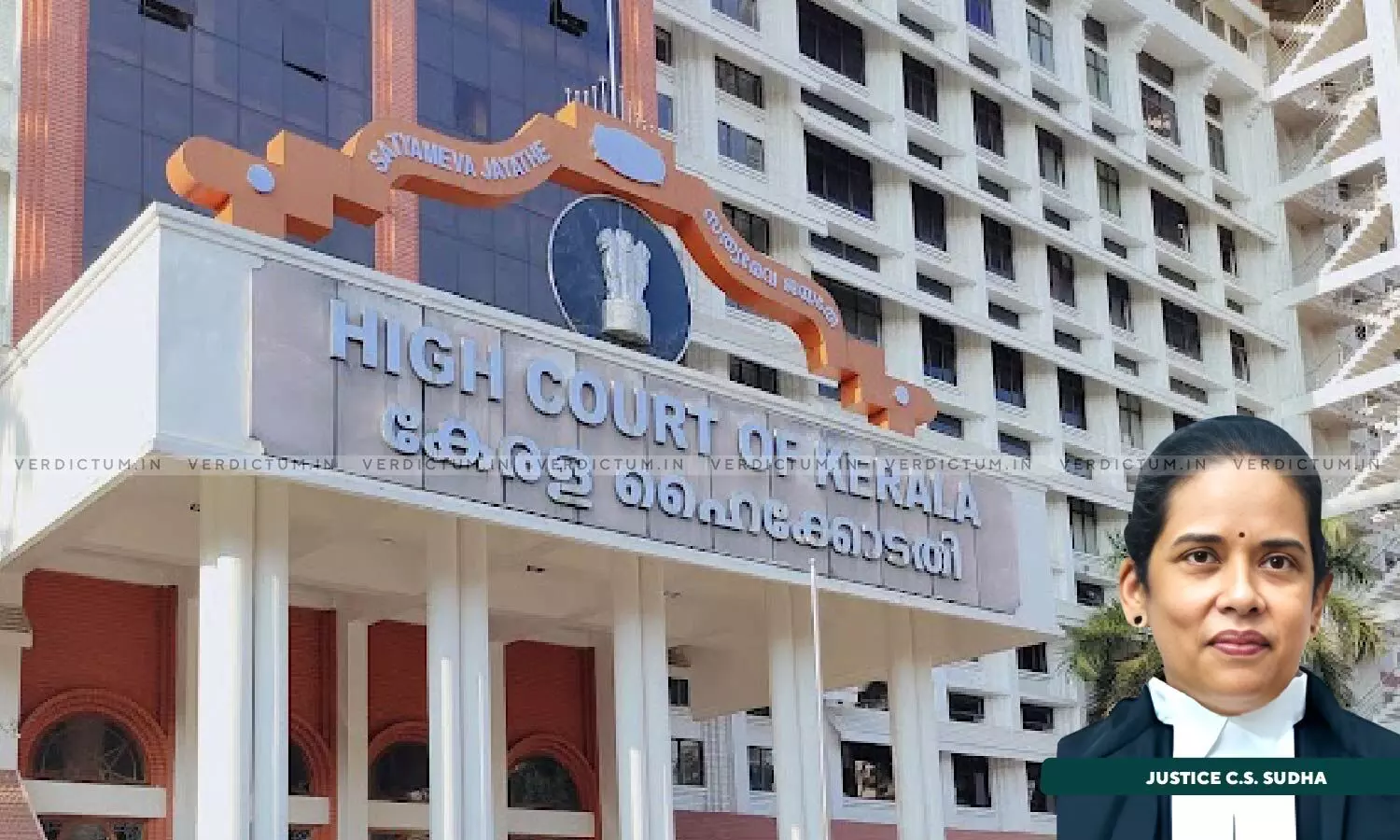
Election Rights & Disputes Are Governed Exclusively by Statutory Provisions; Common Law Or Equity Principles Doesn't Apply: Kerala HC While Dismissing Election Petition
 |
|The Kerala High Court has observed that election rights and disputes are governed strictly by statutory provisions, and not by common law or equity. Courts must adhere to the statute's specific rules without importing common law principles or policies.
Dismissing an Election Petition against an MLA, the Bench of Justice CS Sudha observed that, "Outside of statute, there is no right to elect, no right to be elected and no right to dispute an election. Statutory creations they are, and therefore subject to statutory limitations. An election petition is not an action in common law, nor an equity. It is a statutory proceeding to which neither the Common Law nor the principles of equity apply but only those Rules which the statute makes and applies. It is a special jurisdiction, and a special jurisdiction has always to be exercised in accordance with the statute creating it. "
In the 2021 Kerala Legislative Assembly election for the Perinthalmanna constituency, K.P. Mohammed Mustafa of the Left Democratic Front (LDF) contested against Najeeb Kanthapuram of the United Democratic Front (UDF). Mustafa, who lost by 38 votes, filed an election petition alleging that 348 postal ballots from absentee voters—including senior citizens, physically disabled individuals, and those affected by COVID-19—were improperly rejected. He claimed that counting these ballots would have changed the election result in his favor.
The Election Commission had issued guidelines for postal voting by these absentee categories, specifying procedures for completing and submitting the necessary forms. Mustafa argued that these procedures were not followed correctly, as polling officers filled out the forms on behalf of the voters, which violated the guidelines. He also contended that his counting agents were not allowed to inspect the rejected ballots, and that the rejection process was done hastily without proper disclosure.
Mustafa sought to have the election declared void under Section 100(1)(d)(iii) and (iv) of The Representation of the People Act, which allows for an election to be annulled if the result is materially affected by improper vote rejection or non-compliance with election rules. However, Najeeb Kanthapuram argued that objections to the rejected votes were raised only after the close result was evident, and that initially, the ballot rejections were approved by the agents.
Mustafa also argued that the guidelines issued by the Election Commission were executive orders and did not hold the force of law, and thus could not be grounds for declaring the election invalid.
The Court held that the Election Commission's guidelines for postal voting were valid under Article 324 of the Constitution, as no one argued they contradicted existing legislation or exceeded the Commission's jurisdiction. The Court concluded that the guidelines were an order under Section 100(1)(d)(iv) of The Representation of the People Act. However, the Court found no procedural infringement that would invalidate the election.
The guidelines did not prohibit polling officers from filling out forms, and there were no claims that this was done against voters' wishes or violated voter privacy. The Court noted that ballots were rejected under Rule 54A of the Conduct of Election Rules, 1961, due to issues with Form 13A or Form 13B, as mandated by the rule.
It was observed that only 284 out of the 348 votes were relevant to the categories of absentee voters, with 32 votes improperly rejected for reasons not specified in Rule 54A. Even if these 32 votes had been counted for the petitioner, he would still have lost by 6 votes. Consequently, the petition was dismissed.
Cause Title: KP Mohammed Musthafa @ KPM Musthafa vs Najeeb Kanthapuram & Ors. (Neutral Citation: 2024:KER:60356)
Click here to read/download Judgment